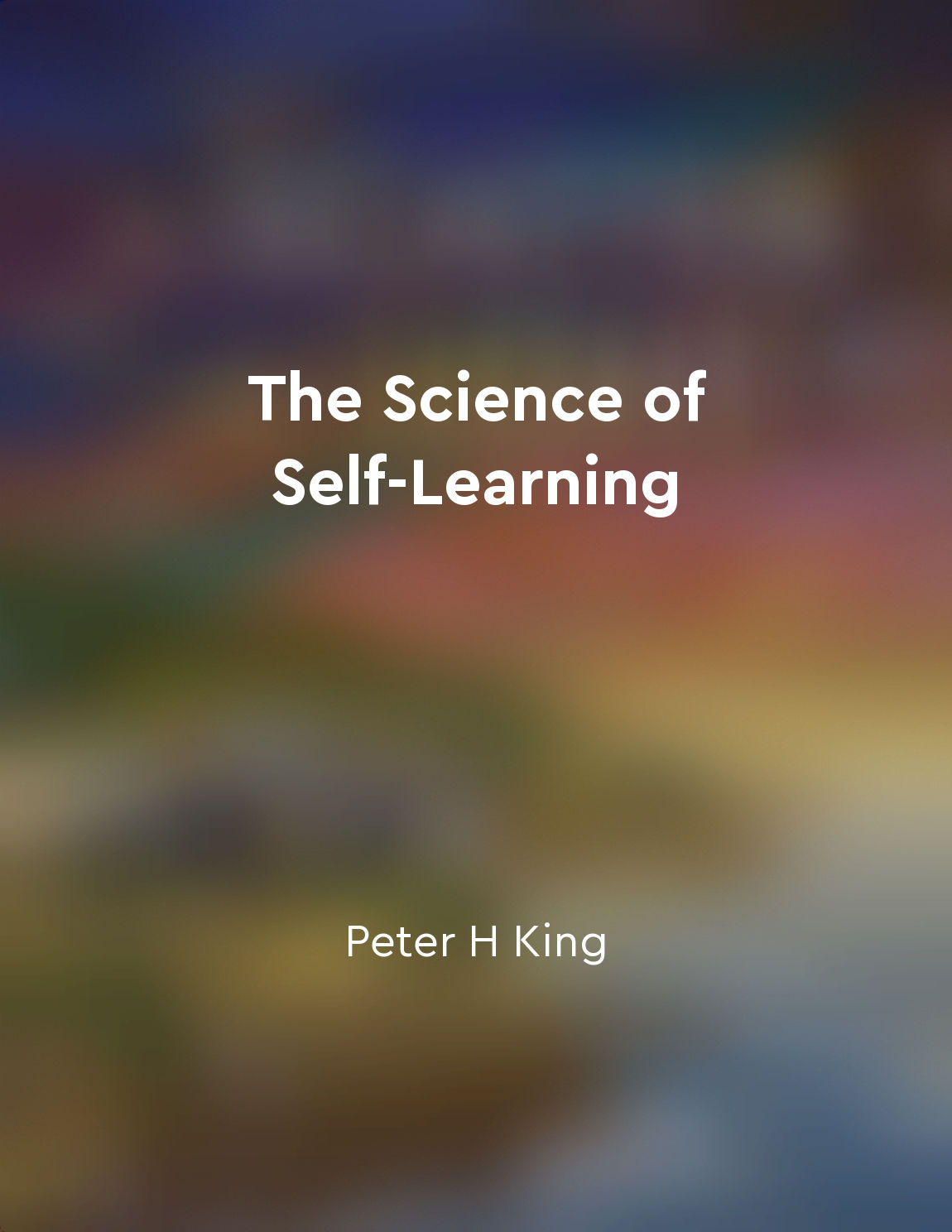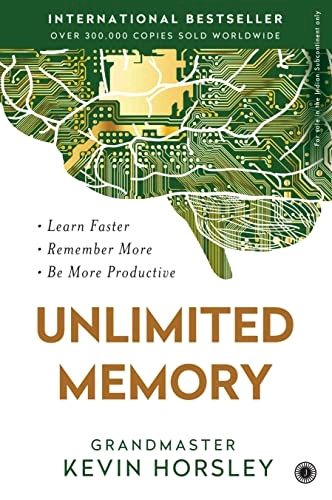Interleaving different topics or skills improves retention from "summary" of Make It Stick by Peter C. Brown,Henry L. Roediger III,Mark A. McDaniel
When we mix up the topics or skills we are trying to learn and remember, we improve our ability to retain that information. This concept, known as interleaving, involves practicing or studying different subjects or tasks in a random order rather than focusing on one thing at a time. By switching between topics or skills, we force our brains to work harder to make connections, which strengthens our memory and deepens our understanding. Interleaving challenges us to retrieve information from different contexts, making it more likely that we will remember it later on. When we repeatedly engage with the same material in a blocked, or isolated, manner, we may feel like we are mastering it in the moment, but this can create a false sense of confidence. In reality, our memory is strengthened when we have to work a little harder to recall information, which is exactly what interleaving helps us do. By mixing up our learning and practice sessions, we create a more varied and challenging environment for our brains. This variability helps to solidify our memory and increase our ability to recall information when we need it most. When we revisit a topic or skill after interleaving, we are more likely to remember it because we have had to actively retrieve and engage with that information in different contexts. Interleaving is not always intuitive, as many of us are accustomed to studying or practicing one subject at a time. However, research has shown that interleaving can significantly improve our retention of information over time. By embracing this technique and incorporating it into our learning strategies, we can enhance our memory and deepen our understanding of the topics or skills we are trying to master.Similar Posts

Embracing failure as a learning opportunity
In the pursuit of self-learning, one must be willing to accept and learn from failure. Failure is not the end of the road; rath...

Patience and persistence are key to mastering memory techniques
Mastering memory techniques requires a great deal of patience and persistence. It is not something that can be achieved overnig...
Memory palaces are ancient tools for remembering
Memory palaces are ancient tools for remembering that have been used for centuries by people all over the world. The idea behi...
Understanding scientific concepts requires active engagement
To truly understand scientific concepts, one must actively engage with the material being presented. This means going beyond si...
Benefits of practicing with model test papers
Practicing with model test papers is an effective way for students to prepare for their exams. These papers are designed to mim...
Curiosity drives learning
The idea that curiosity drives learning is a fundamental concept in education. When students are curious, they are more engaged...
Proper usage of transition words for smooth flow
Transition words are crucial for creating a smooth flow in writing. They act as bridges between ideas, helping readers to navig...
Cultivate curiosity and explore new interests for enhanced learning
To truly excel in learning, it is essential to nurture a sense of curiosity and actively seek out new interests. This is becaus...
Techniques such as meditation can alter brain activity
Norman Doidge explores the fascinating idea that our brains have a remarkable ability to change and adapt throughout our lives....
Feedback is crucial for improving your skills
As you embark on your ultralearning journey, remember that feedback is a crucial component for improvement. Feedback comes in m...
